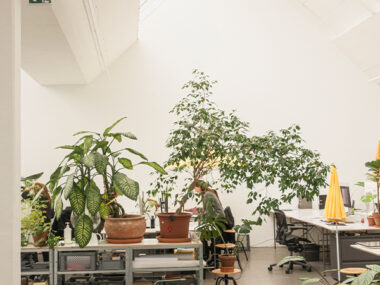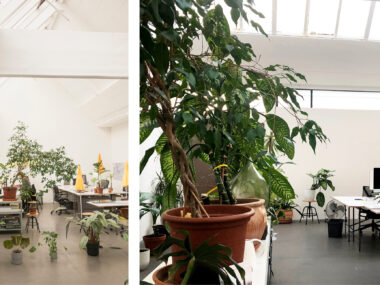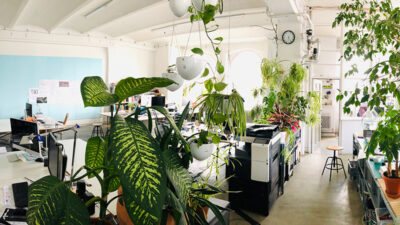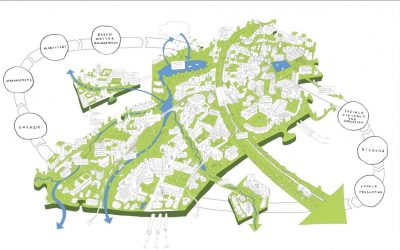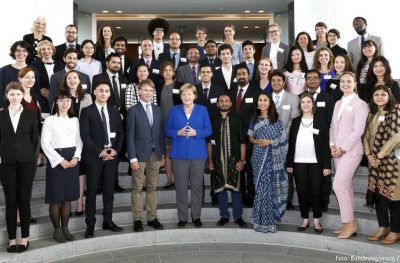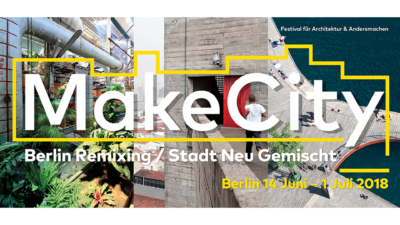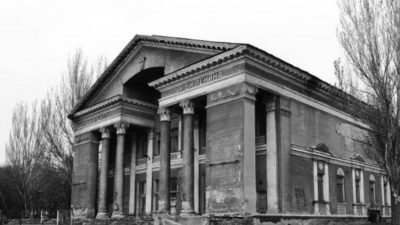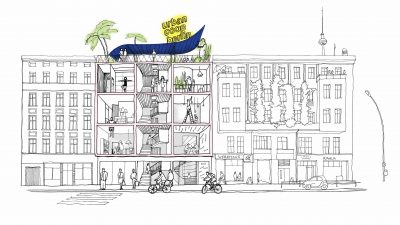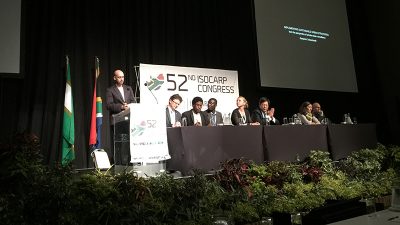Are you currently searching for a beautiful yet functional co-working space in vibrant Mitte/Kreuzberg?
We’re renting out 1-6 tables in our spacious and lush office in Charlottenstraße 2, located in Graphisches Zentrum near Checkpoint Charlie. The idea is to start a creative cluster of the best creatives, planners, thinkers and designers – in the urbanism and sustainability space, but also in general!
The desks are available from now on, but the rent from a later date is possible as well. We are offering large tables, enough space to respect social distancing, and a friendly environment with driven and kind people.
Location
- Charlottenstrasse 2, 10969 Kreuzberg
- Easy access — just 2 min away from U-Bahn Kochstraße station
- wide range of restaurants and coffee shops around, reachable in couple of minutes (Charlotte 2, Chupenga, betahaus and many more)
- Besselpark is just a few steps away
Space
- ±400 m² total space and 100 m² shared space
- Fully set up work space that includes a large desk (approx. 10 sqm of workspace per person) comfortable chair and other gadgets
- shelf space, in case you might need to store things
- very bright, spacious room. Also, a lot of space for you plans or posters to be pinned up at the wall
- large, dedicated areas for sketching
- extensive library of architecture and urban planning books
- big kitchen with espresso machine, fridge, microwave and hotplate. Also perfect for a chat or meetings
- no carpets
- many plants!
Infrastructure & service
- unrestricted 24/7 access to the space
- free internet (super fast speed with glass fibre)
- weekly cleaning service
- theft insurance, includes all electronics, laptops etc.
- beautiful and simple design tables, with famous Eiermann frames
- space to park your bike or car
- ground floor and easy access
Price
The monthly rent per desk is 300 EUR — internet, table, chair, shelf space, keys, cleaning service, storage space and kitchen included in the price
People
You’ll share the space with a bunch of young urban planners / architects / engineers from all over the world and our co-worker office LABELS (Cee Cee Creative)
Come visit us at Charlottenstr. 2 | 10969 Berlin and take a look yourself, or ask reach out with the questions to our colleague Bella reachable via:
☎️ +49 30 57 70 63 492


 English
English Deutsch
Deutsch